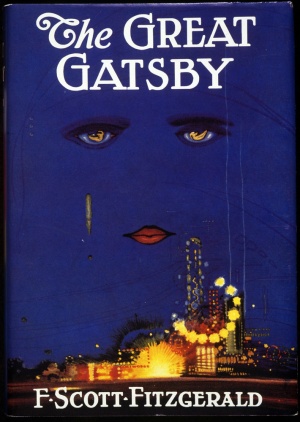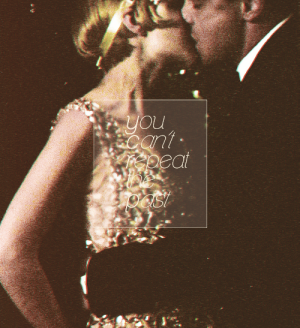As cliche as it sounds, The Great Gatsby is one of my all-time favourite novels. It’s The Book, the one I reread every year in the summer, when I’m feeling down, when I see it on the shelf and fancy injecting a little poetry into my day. Gatsby is the book I turn to when I don’t know where else to turn. In the sticky heat of summer, I think of Daisy Buchanan and the day it all came unstuck, and I wonder how anyone could ever do anything in that kind of heat.
I love Nick Carraway’s sweet lyricism, the way he romanticises everyone and everything he comes across. I love that he tries so hard to prove himself as a narrator, but in the end, he’s just as much of a hopeless romantic as Gatsby. Nick Carraway’s narration is something that I’ve only recently started reflecting upon, after my umpteenth reading and having had his unreliability pointed out to me. I have a tendency to rely heavily on narrators, taking their word as truth, and it’s only as I’ve gotten older that I’ve really realised that there are at least two sides to every story. I think of poor Daisy, and the fact that she loved both Gatsby and Tom, and wonder if there’s ever a situation in which there is only one truth.
The thing that gets be about Gatsby is the feel of it. The rush of energy, of excitement. A lot of people have said to me that they don’t like Baz Luhrmann’s adaptation, that they’re not sure of it, that it’s too over the top or the music’s too modern or it’s just not quite right. I love Lurhmann’s adaptation, because it makes me feel the same way. The same sense of hope, of excess, of new beginnings and past loves and quiet despair, can be found when I watch the movie as when I read the pages of my most-thumbed novel.
I’ve written about The Great Gatsby at length over at Luscious. Do check it out, and bask in the luxury while you’re there.


